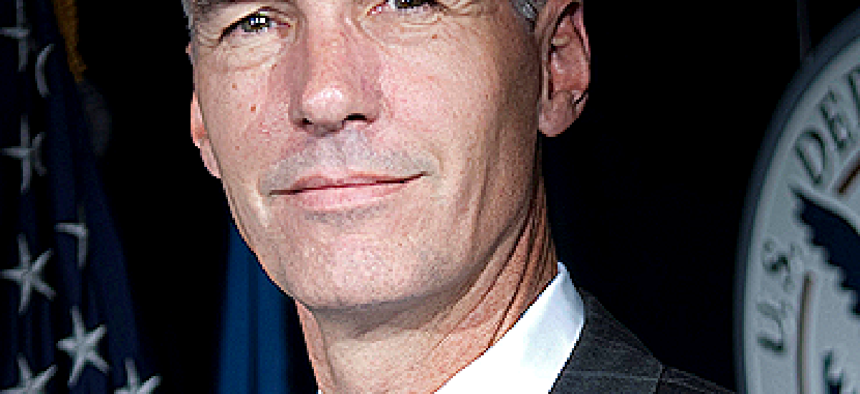Spires: Some agencies will struggle with FITARA implementation

The former DHS CIO will tell Congress how experienced government and industry IT hands can support the new acquisition legislation.

Richard Spires, CEO at Resilient Network Systems and former CIO for the Department of Homeland Security, will testify June 10 before a pair of House Oversight and Government Reform subcommittees.
Richard Spires, formerly CIO of the Department of Homeland Security, sees the new IT acquisition law that expands CIO authority over IT budgets and personnel as a positive, but agencies need strong leaders in CIO slots and changes to culture to "fix what ails federal IT."
In prepared testimony for a June 10 congressional hearing, Spires said that the expanded CIO authority in the Federal IT Acquisition Reform Act is not an end unto itself. Rather, program governance best practices can work only with leadership that is accountable for positive outcomes.
"It is not that the CIO has the last say regarding a major program decision, but rather that that governance process is working effectively to ensure major decisions are made with all appropriate stakeholder input," Spires said.
Spires cheered efforts by the Office of Management and Budget to collect comments from stakeholders and get buy-in on FITARA implementation. Previous IT reform fell by the wayside in the implementation. "Very few (if any) agency CIOs can claim they have the authorities outlined in Clinger-Cohen, and it is has been viewed as failed legislation across the federal IT community," Spires said. At the same time, Spires expects that some agencies will "struggle" with understanding what governance processes to implement, and how to change agency culture so that IT staff are receptive to new ways of doing business.
The American Council for Technology and Industry Advisory Council (ACT-IAC) are teaming up to help smooth the path for FITARA. Spires is heading an effort on the vendor side, and Darren Ash, CIO of the Nuclear Regulatory Commission, is acting as government lead. They're working to develop models for agencies to use in self-assessment, budgeting and program oversight that run the gamut from tightly centralized agencies to more federated departments that have large bureaus used to more independence on the IT side.
Even with expert advice and a strong implementation plan, it will be a while before FITARA shows real results, Spires said. "My experience in government has shown that the implementation of significant change takes two years, and the benefits of that change really being felt in year three and beyond."
Spires will testify with federal CIO Tony Scott, Anne Rung, administrator of the Office of Federal Procurement Policy, and David Powner, who covers IT program management for the Government Accountability Office, at a joint hearing of the Subcommittee on Government Operations and the IT Subcommittee of the House Oversight and Government Reform Committee.
NEXT STORY: Should the National Labs be exempt from FITARA?



